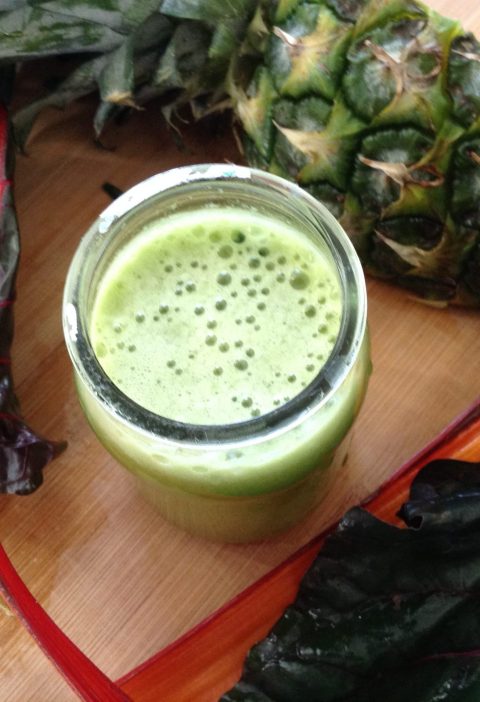Intuitive eating or attuned eating is a way of approaching food that is person-centered and not dogmatic. One of its core beliefs is that you should “allow yourself to eat”, and there is no food that is “good or bad”.
Many recent studies have in fact, demonstrated that cutting out food groups can lead to nutritional deficiencies and a less biodiverse gut microbiome while eating psychology teaches us that being too restrictive with food intake, can actually lead to what is called “mental hunger” and promote food cravings and binge eating.
Intuitive eating is at its core the antithesis of diet culture. Restrictive diets have been proven to create more harm than good and confuse that fine fine balance of hormones and the weight set point in your hypothalamus, the master gland of your metabolism.
In a nutshell, eating intuitively, also called “attuned eating” can be really beneficial in the long term and support both your physical and mental well-being. Intuitive eating is now recommended by major health organizations like The British Heart Foundation.
Can Intuitive Eating lead to weight gain?
Are there any downsides to intuitive eating? Yes, there are.
The main downside is that for many people, once you give yourself permission to eat you put on weight. This is particularly true if you are someone who has a slow metabolism, those who have tried many diets, and for those who are used to restricting food during the day.
Intuitive eating requires a journey of getting in touch with your body, deconstructing your food cravings, and having a good understanding of what constitutes healthy eating habits.
Without this core knowledge, intuitive eating can lead to weight gain.







